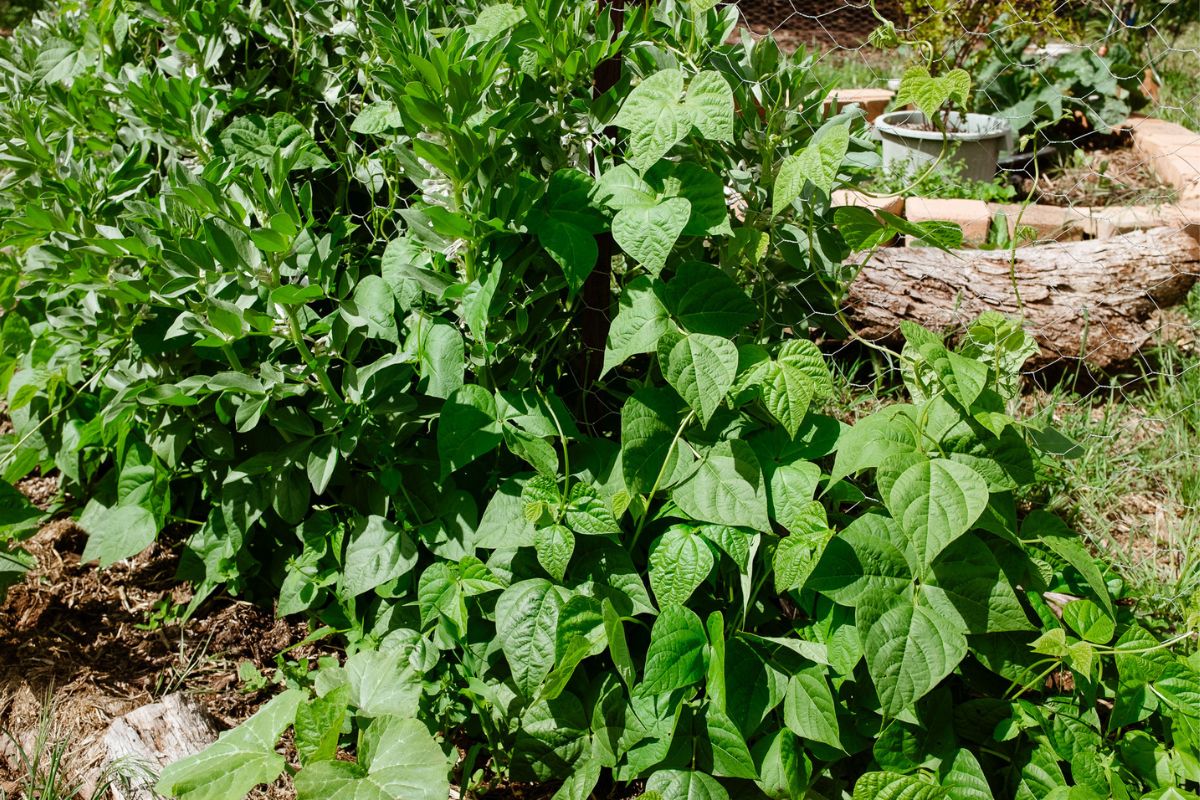Spending time outdoors and being active in the garden has been proven in several studies to be directly linked to improvements in physical and mental health.

Gardening can improve mental health through the aesthetic appreciation of nature. There are also health benefits linked to the way gardening builds community and brings people together. Growing food and flowers can also be socially beneficial - we're big fans of community gardens because they bond people over a common love for gardening.

Scientists believe that gardening offers mental health benefits because it is a multisensory experience. We certainly agree that feeling the elements of nature, like the wind in your face and the dirt beneath your fingernails, helps us to feel awakened and alive in the garden!

The sounds and smells of nature also have a positive impact on wellbeing - how wonderful it is the spend a moment in the garden listening to the birds sing and smelling the sweet scents of the flowers, or the unmistakable smell of the Australian bush after rain.
Nature-based activities like gardening can reduce stress, with scientists linking this to the attention restoration theory, which suggests that nature can stimulate your mind by softly grabbing your attention.
Gardening is great physical exercise
The significant difference between gardening and other nature-based activities is the opportunity for active participation. Getting your hands dirty makes it a more kinetic experience which can improve physical health. Gardening activities like digging, pruning and planting require a physical level of investment that qualifies as exercise.
Gardening improves community connections
In a large Australian study of almost 5000 middle aged and older adults, researchers noted that those who gardened for at least 2.5 hours a week reported better mental wellbeing and life satisfaction. This study indicated that the effects were amplified in adults over the age of 64.

In another study, it was noted that home gardeners tended to be more involved in their local communities too.
Gardening connects generations
Gardening together is a wonderful inter-generational activity. Young children are easily engaged in mud play, and the opportunity to learn from elders while engaging in the garden is profound.

Several studies have found that early exposure to dirt may reduce the risk of children developing allergies and autoimmune conditions. Dirt is teeming with microorganisms that can train the immune system to build resilience to a range of illnesses including allergies and asthma.

Many of the psychological benefits of outdoor play are already widely recognised. Our human brains evolved in natural landscapes, and our perceptual systems are particularly well suited to wild outdoor spaces.

This means that natural scenes provide the perfect level of stimulation, which is thought to help recharge the brain when it is tired and easily distracted.
The process of growing and nurturing a garden is widely proven to provide physical and mental wellbeing benefits. For many, gardening is a meditative process that grounds us and brings us in touch with our senses.
What do you love most about gardening? Tell us in the comments below or engage with our social media platforms.
References
https://www.sciencedirect.com/science/article/abs/pii/S0272494423000415
https://www.independent.co.uk/life-style/gardening-improves-mental-physical-health-study-b2556651.html
https://www.bbc.com/future/article/20220929-how-outdoor-play-boosts-kids-immune-systems






Leave a comment (all fields required)